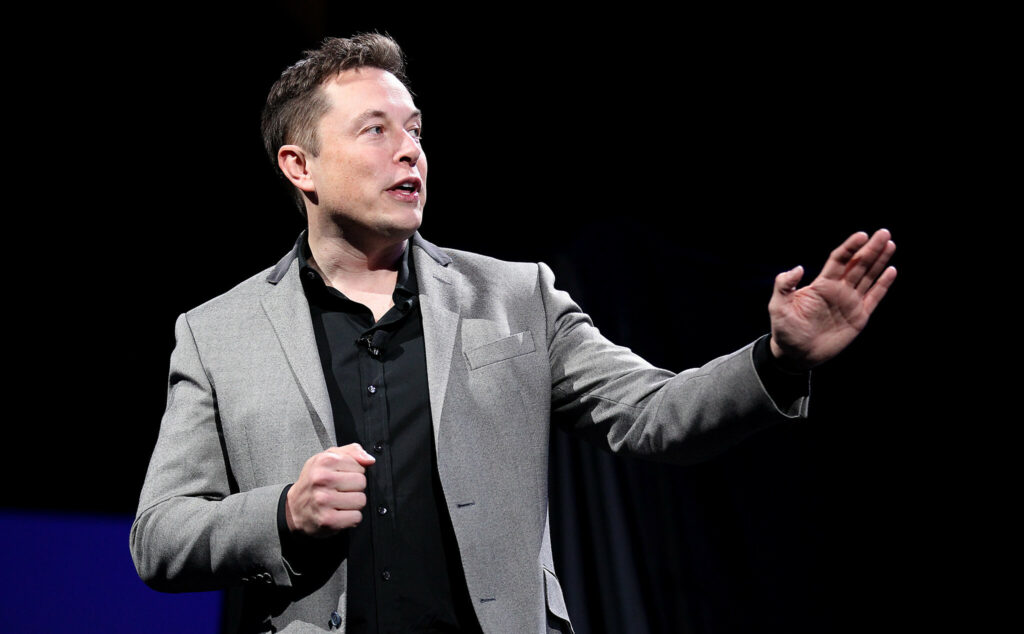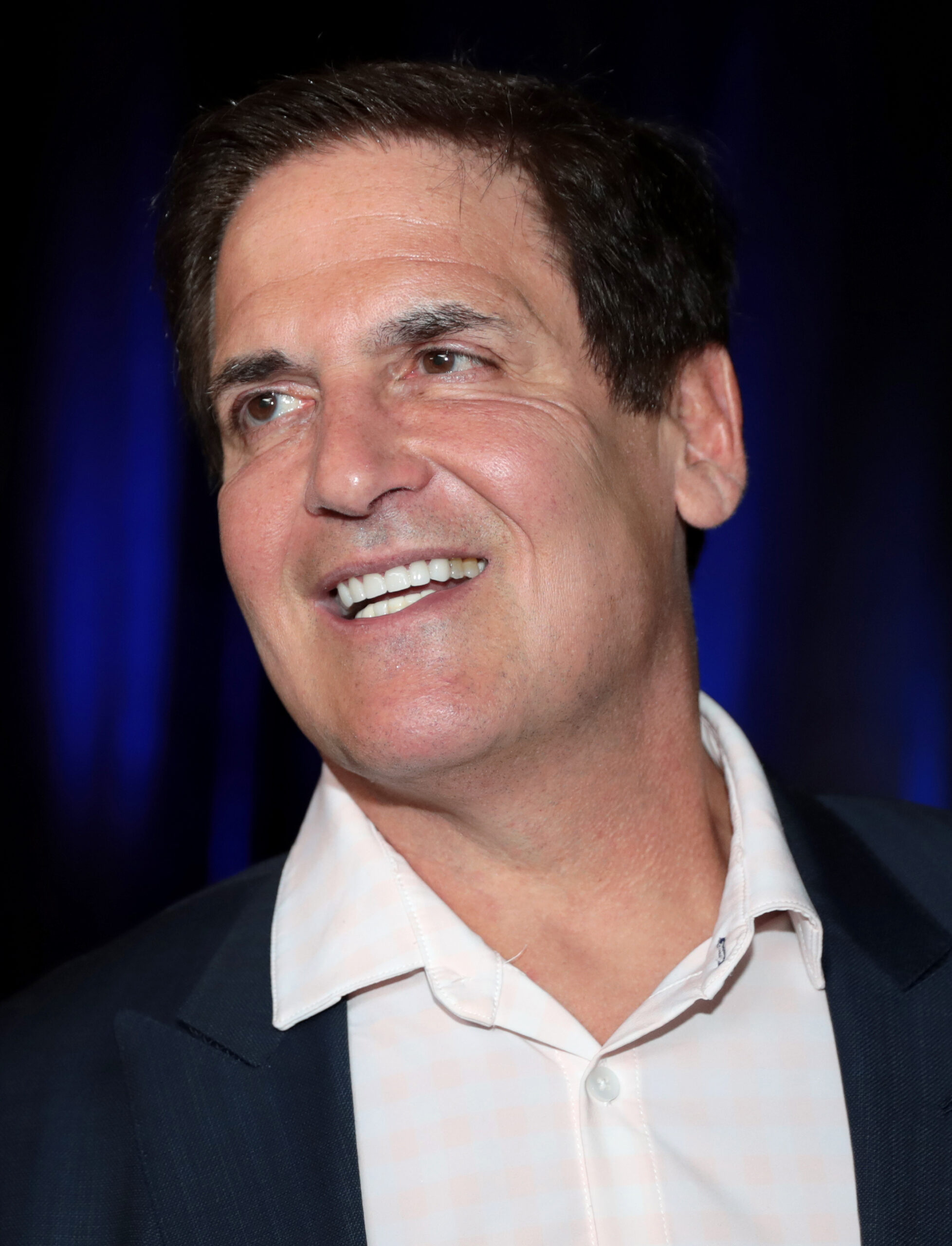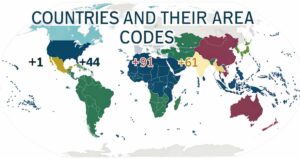Elon Musk $1 Million Giveaway to US Voters: Legal Loophole or Election Violation?
3 min read
Elon Musk’s idea to offer the voters a million dollars per day for signing a petition for free speech and gun rights in the US has raised many eyebrows and probably raised the question of legality. Before the United States elections of twenty twenty four, Musk’s initiative is appealing to swing state voters in exchange for their authority to sign the petition. Musk’s strategy describes it as an “offer” but it is legal in the sense how people view it. There are laws in the US which prohibit people from offering money to voters to ensure that they vote or that they register.
The Details of Musk’s Initiative
Furthermore, it is created as a petition where this key advocates constitutional rights such as free speech and the right to bear arms. He said that the giveaway was an effort to drive home the message, where participants stand a chance of winning $1 million as a way of promoting voter turn out. That is quite interesting but the best part is there is one requirement, and that is, to participate, voters must be registered.
Despite his team explaining that they are paying for the participant signatures for the petition, they are not paying for the votes, there seems to be some trust issues in that regard. There has been an understanding that for this campaign, registered voters are a requirement and that has raised suspicions that it could be interpreted as voter influence.
Legal Confusion and Issues
The Federal Election Commission as well as the Department of Justice have not taken any positions on the matter but legal analysts have differed with some. For instance, the former chairman of the FEC, Brad Smith, terms and biases as the privilege. According to Smith, since Musk is paying people to sign a petition and not to vote, he is probably evading election law. Others, on the other hand, are situated.
Michael Kang, an election law professor has argued that although the remunerations are for signature collection in support of petitions, the other details are of significance. He thinks that the initiative can still be legally troublesome, since it was clearly designed with the intention of changing how people would decide in the election.
Adav Noti from the Campaign Legal Center, another expert, has suggested that the plan could be in violation of joint election funds, which do not permit the sale of registration to vote. Noti has also remarked that Musk’s tender is illegal and it is potentially subject to administrative or criminal sanction.

Political Reactions and Public Debate
Josh Shapiro, a member of the Democratic Party, is not happy with Musk’s offer and called it irresponsible. The Pennsylvania Governor described the initiative as interactable and called for investigations. Musk, on the other hand, defended the promotion provided by Ilan, saying that Democrats in the US have executed the same tactics for mobilising votes.
Musk has cited instances like the one where Meta’s Mark Zuckerberg spent $400 million during the 2020 election to assist with postal voting logistics. The important thing to note is that Zuckerberg’s funds were directed to neutral groups, not the actual voters.
Mark Cuban, the billionaire investor also did not miss the opportunity to respond to the media. He felt Musk was being innovative but desperate at the same time. He noted that while a sweepstake of such a nature may be applicable under law, it is fraught with negative consequences and would raise eyebrows about the morality of the initiative.
Why It Matters
This polemic brings additional consequences extending beyond the particular situation and touches upon the US political context and election credibility. It is common enough to come across strategies or initiatives trying to get the voters out to the polls, which do not bear any financial inducements. If Musk’s effort goes without any legal punishment, it may act as an inspiration for other rich individuals or organizations to try to gain voter’s presence using other financial receipts as well.
This contradicts the principle of the democratic process, while some backers would perceive it as a new technique of encouraging voters into participation. The outcome doesn’t matter in this case because it clearly illustrates the gray area that exists between legal loopholes and ethical boundaries, and American election laws.







